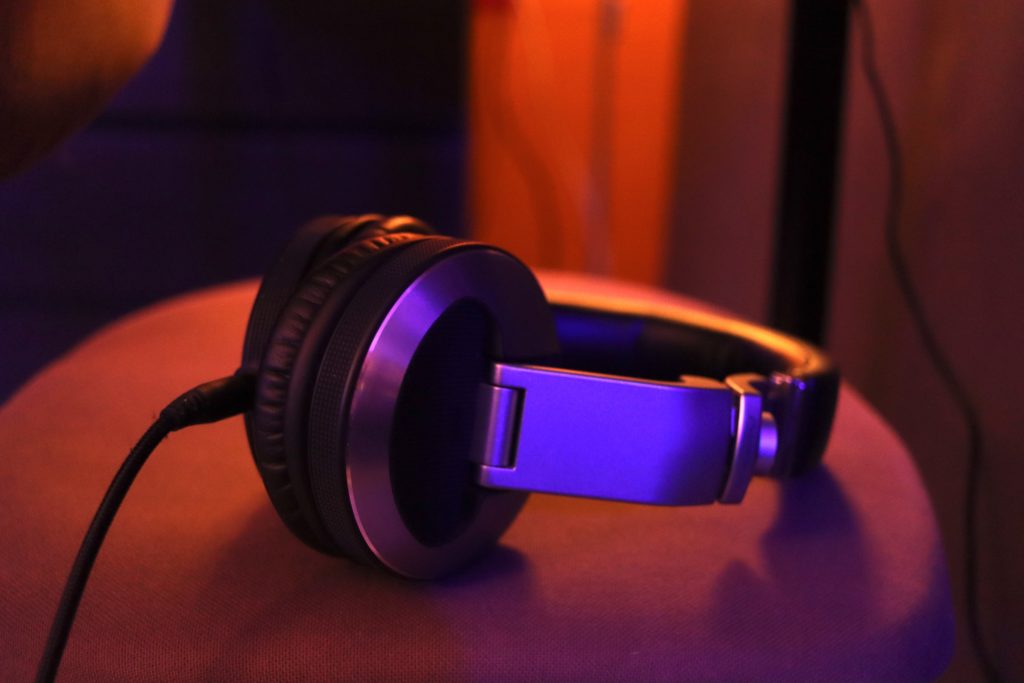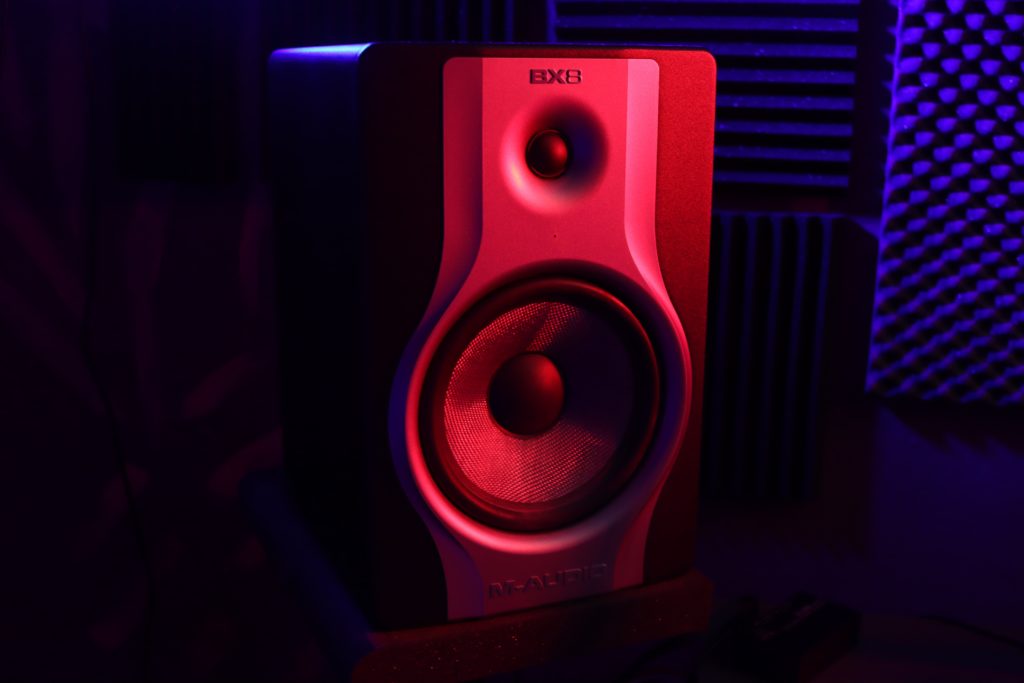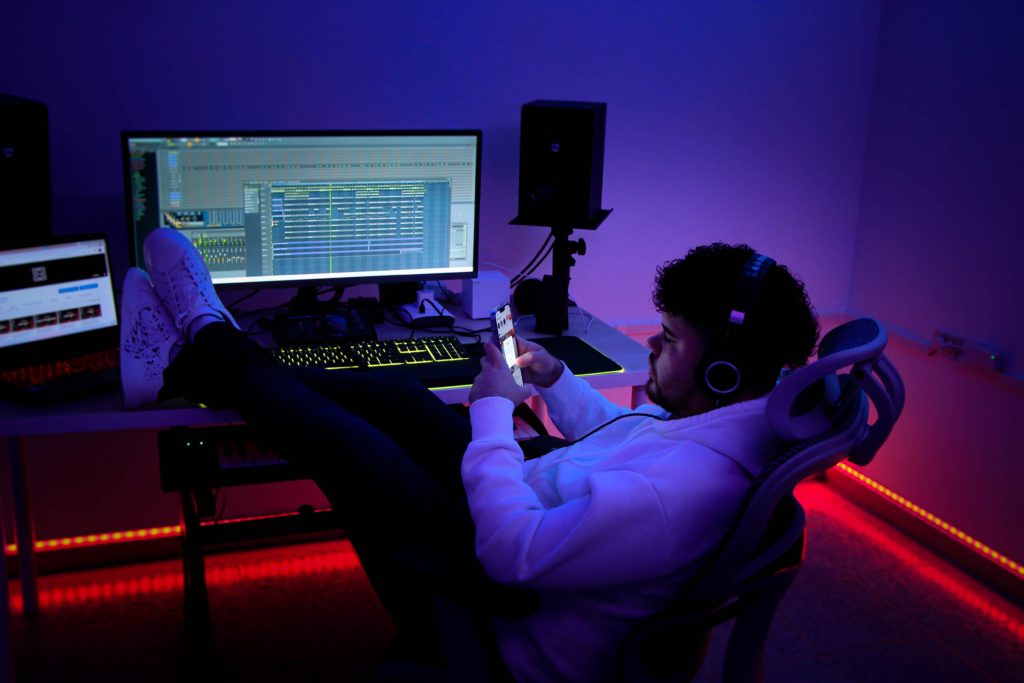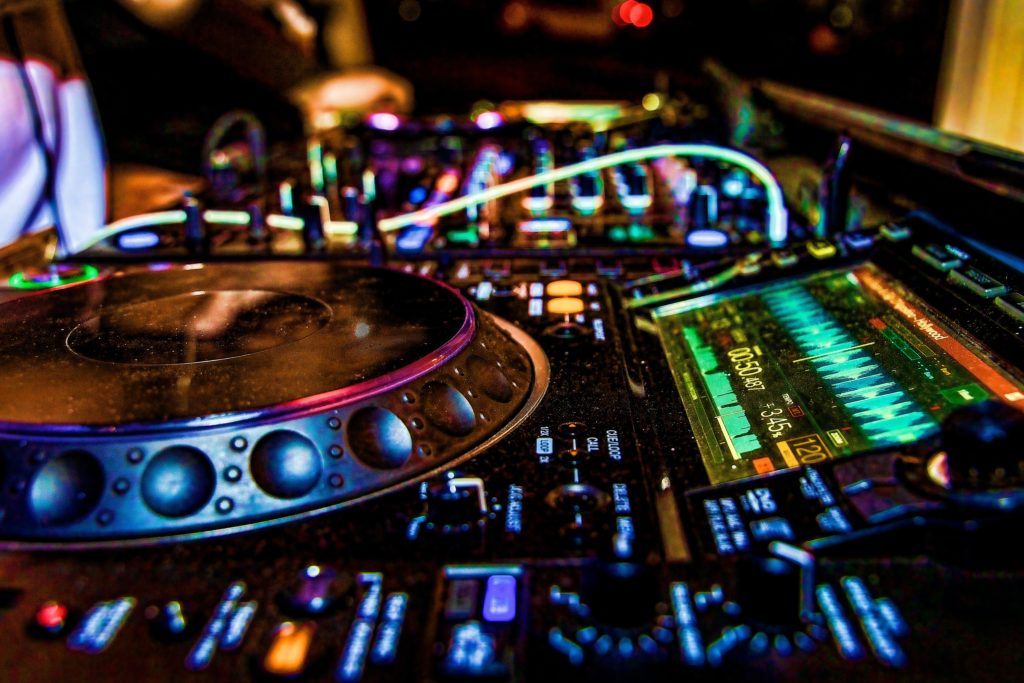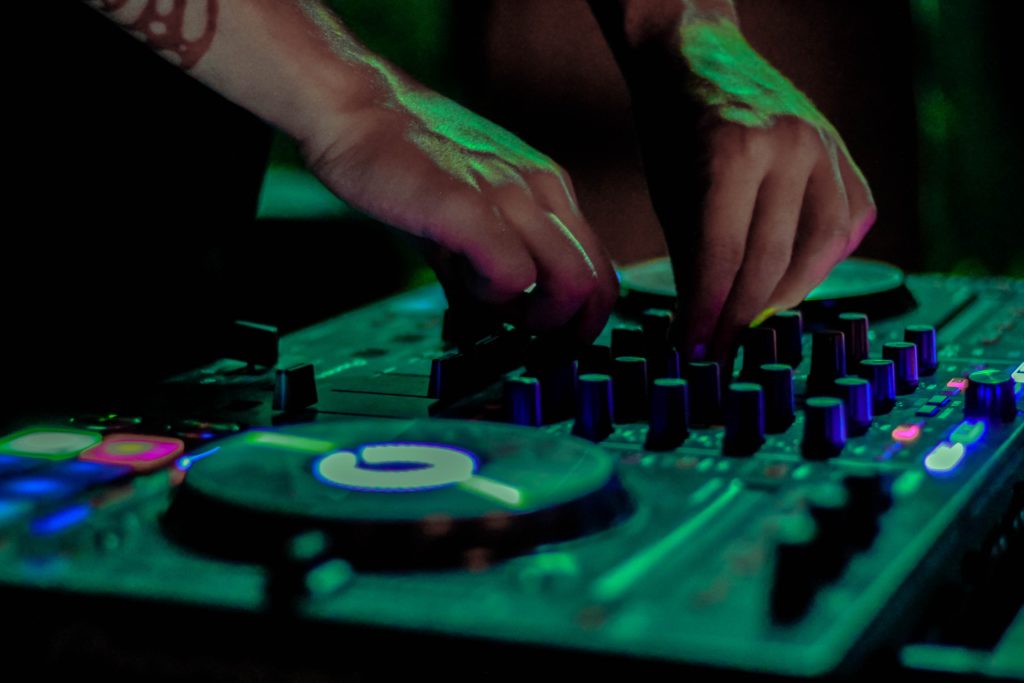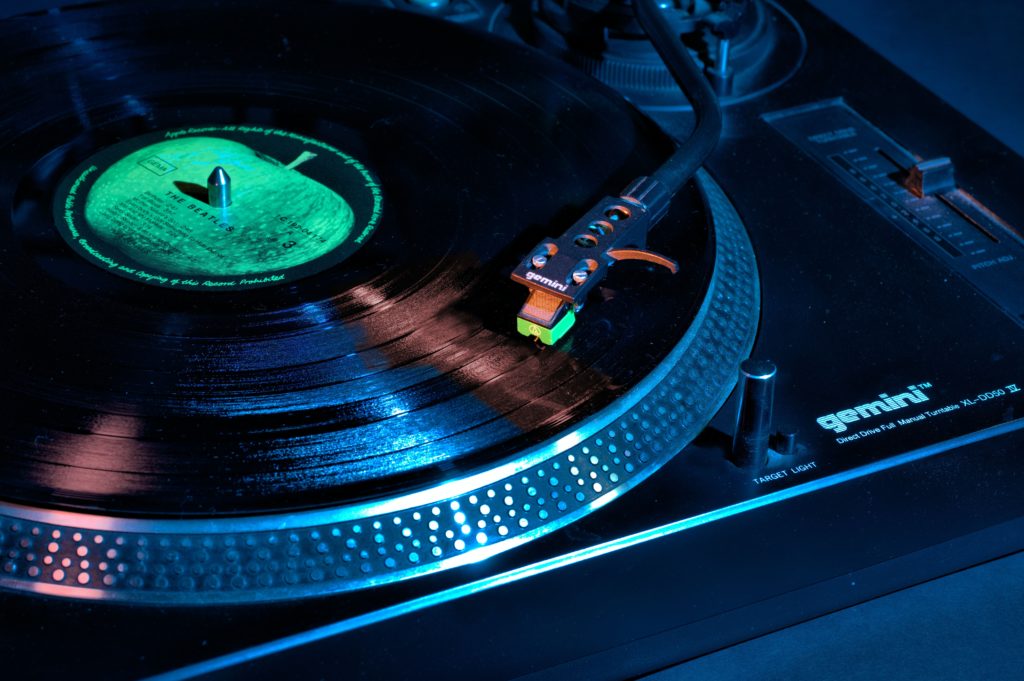Unless you’ve made it to the top already, it’s pretty difficult turning your music production hobby into a fully-blown profession. That doesn’t mean it’s next to impossible, but it will take a lot of hard work, getting to know the right people, and marketing yourself to get seen and heard.
Not everyone has the time and resources to do this, even if it’s much easier to do now in the digital age than it was 20 or 30 years ago. But, in case you were looking for some ways to make money doing what you love, here are some avenues you might want to explore on your pursuit to a full-time music career.
1. Ghostwrite Tracks

You’d be absolutely amazed at how many notorious artists, singers and rappers have other people writing their tunes for them. Freelance writing tracks is a flexible and profit-making way to earn money, but obviously you won’t get any credit for your work. If you’re happy with that, and are seriously good at making beats, there’s no reason why you can’t build up a portfolio that demonstrates your talents and hand out some demos. Bear in mind, you’ll probably need to write a variety of different styles in order to make a living from ghostwriting.
2. License your Tunes
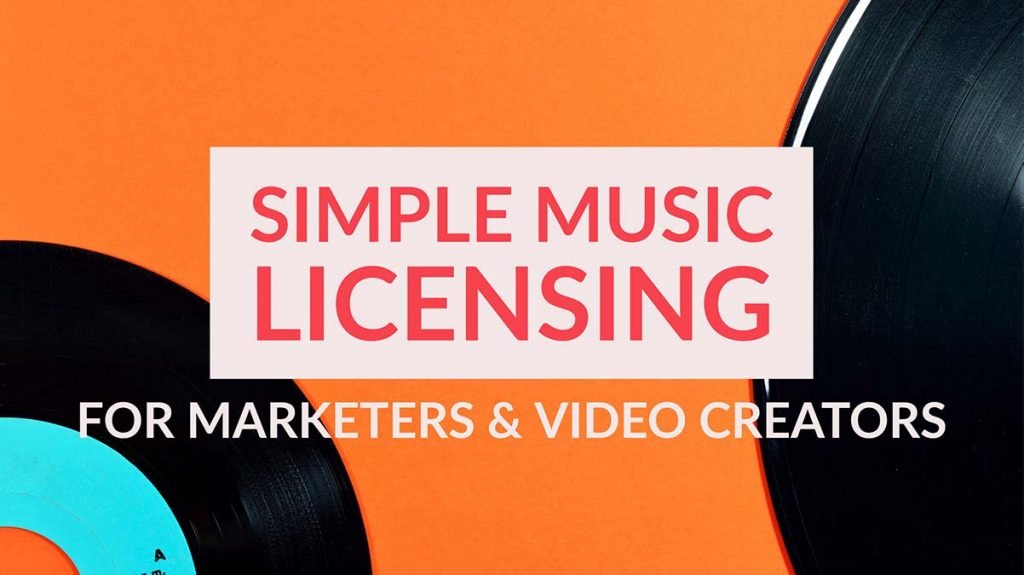
By licensing your music, you’re effectively stamping and registering your work online, therefore you’ll receive royalties when it’s used by any third party in TV commercials, online ads, movies, games and any other sources. All your tracks will come under the Performance Rights Organization (PRO) which legally makes the content available for public use. Subject to you getting paid of course! You can license your music catalogue and libraries where others are looking for music on sites like Marmoset and Crucial Music.
3. Sell Mixing and Mastering Services
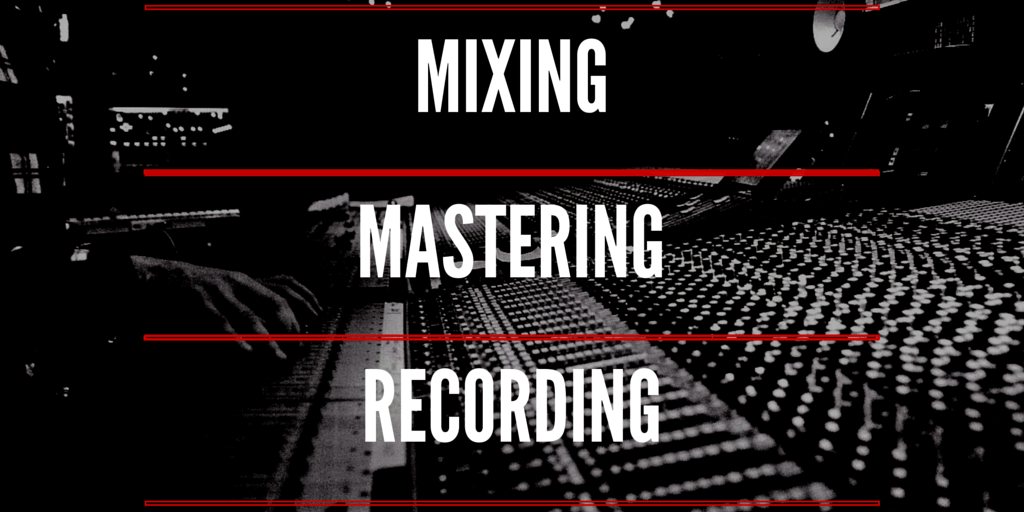
If you’re quite new to the world of music production, it will probably be quite some time before you’re at a level where you can confidently mix and master your own tracks, let alone anyone else’s. But if you are at a point where you know your skills could come in handy to others, why not offer them to artists and musicians who need some help? Mixing engineers charge anywhere from $50-$200 per song, depending on how much work the track needs. Who knows? Maybe you’ll meet a sick vocalist or rapper and end up doing a collab!
4. Create a VST or Sell Sample Packs
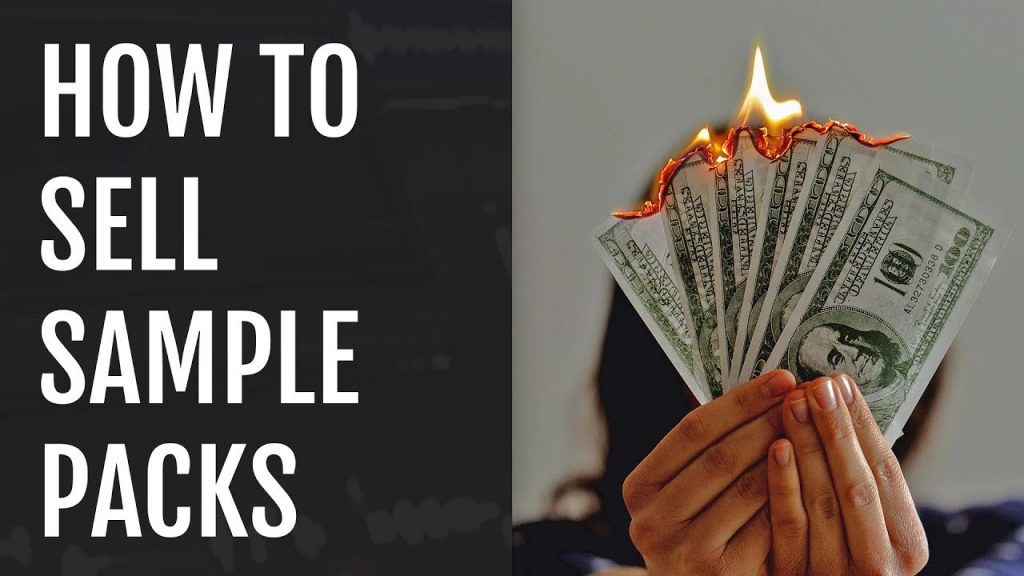
Some VSTs are free and others cost hundreds to buy, but you need expert knowledge and skill to design an industry-level plugin. With sample packs, you only really need some high-quality outboard gear and a well-isolated room to avoid background noise and reflections. Your pack can consist of 100% synthetic sounds or be completely analogue based on what you have. Companies like LoopMasters pay artists huge sums for a pack, so fill it with top-level sounds that people will use; drum kits, bass shots, synth leads, sound design elements, etc.
5. Review other People’s Music
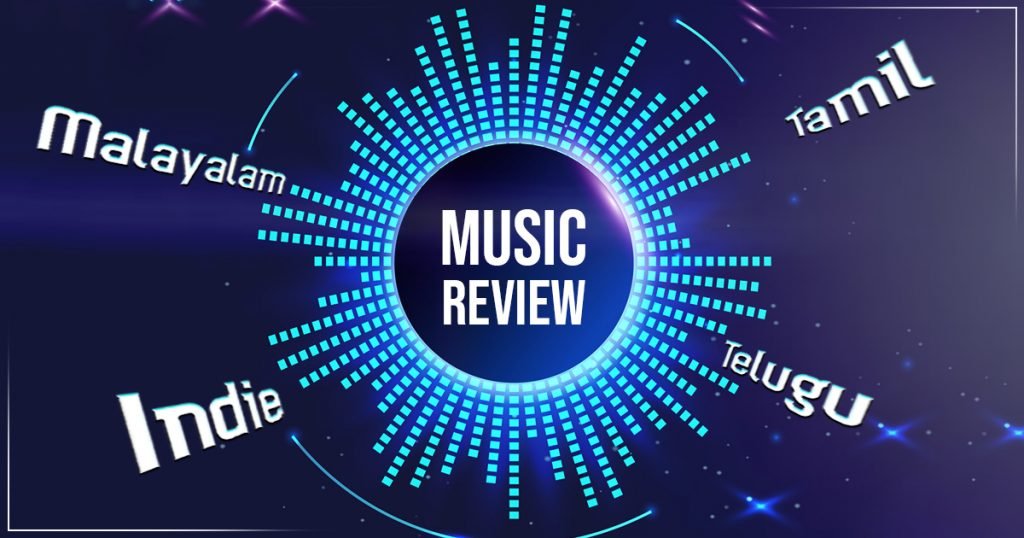
If you’ve got some actual writing skills and a good critic’s ear, there are some online magazines and sites which pay half-decent money for a detailed review of a track, EP or album. People want honest feedback these days, so what better than to help your fellow audiophile buddies out by telling them what’s a hit and what will start a mosh pit? The actual artists will probably thank you for writing such nice things about their music as well, or depending on how critical you are – send you death threats. But at least you’ll have something in the bank.
6. Learn to DJ
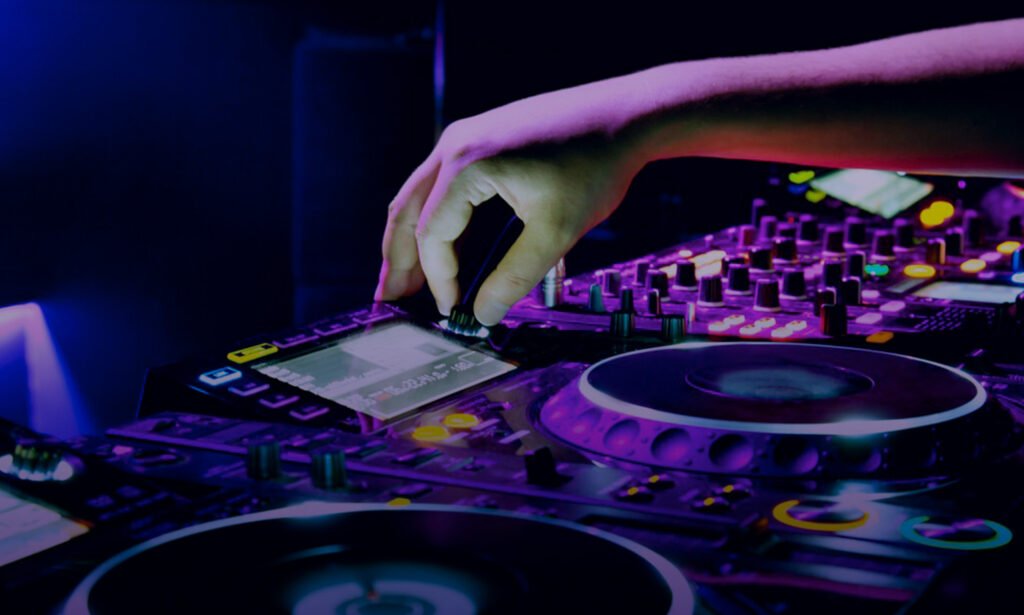
The bottom line is that producers who play their tracks out to a dancefloor make more money through gigs than releases. This is because people will pay money to see the creator of the tracks playing in person than some 50-bucks-a-night toothless meth head who thinks he can mix. When you start to become recognized, promoters will pay you a handsome fee, then chuck even more cash at you to use at the bar before putting you in a nice comfy, warm bed for the night. Being a DJ definitely has its perks, but if you’re a DJ and a producer, you’ve got far more potential to go places.
7. Create a Crowdfunder
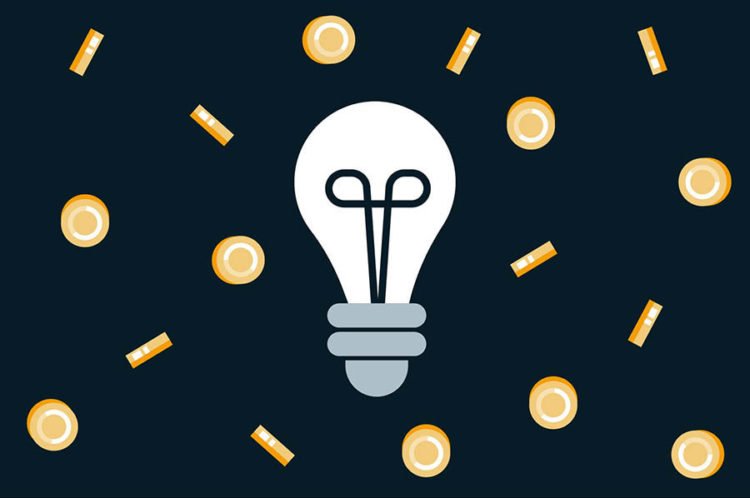
Crowdfunding pages aren’t just good for raising money for your “sick dog” – they can genuinely be a useful marketing tool, which allows you to offer exclusive content to a dedicated fanbase in exchange for a monthly subscription fee. Even middle-class porn stars are using sites like Patreon to showcase their services, so there’s no reason why you can’t use them to promote your funky beats either. Feel free to post tracks, tutorials, vlogs, and anything that your audience will want to see and hear!
No porn though.
8. Make and Sell Merchandise
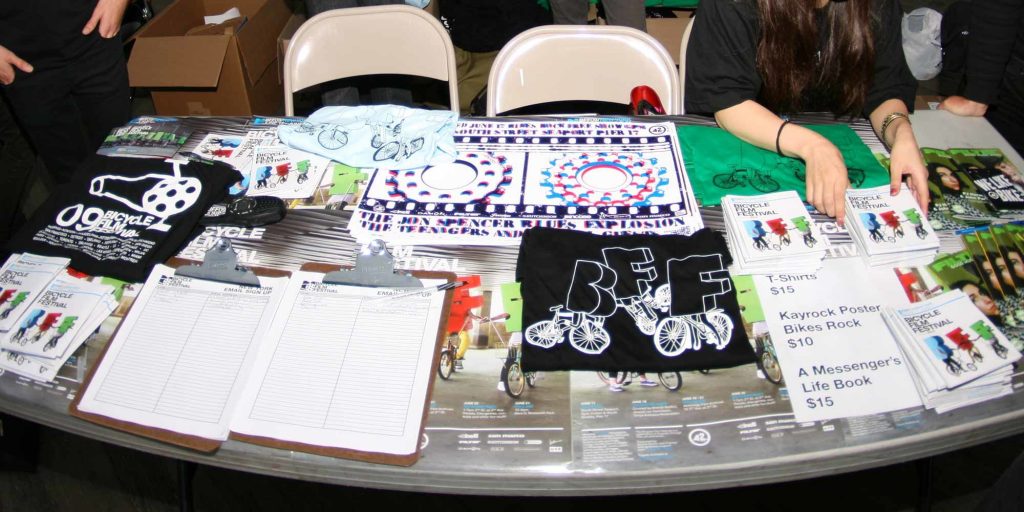
Don’t be tha cringey kid who sticks his sunken face on a load of cheap t-shirts. If you’re going to make merchandise, you’ll either need to be at a reasonable place on the ladder, or have some unique concepts and designs drawn up. People just aren’t going to buy it otherwise, and you’ll be rinsing money on print and postage services instead of making any. Be sure to think about an eye-catching logo that people will remember, choose high-quality materials, and then promote them via an online store or take them to gigs!
9. Teach Production to Others
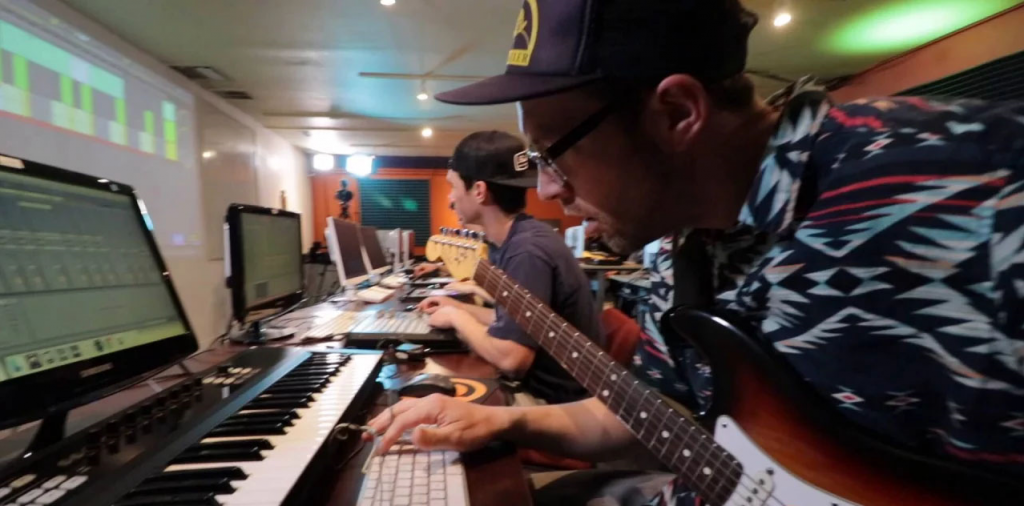
Again, if you’re not a seasoned producer who doesn’t know their stuff, it’s probably not worth offering to mentor people. But if you are at a level where you can confidently offer your knowledge and advice to others, giving production lessons can bring a nice cashflow if you market your services right. Don’t be afraid to ask for testimonials from your students, and encourage them to spread the word online, to their friends, and to others through recommendation. You can give them a free lesson as ‘commission’ as well.
10. Monetize Tracks on Streaming Sites
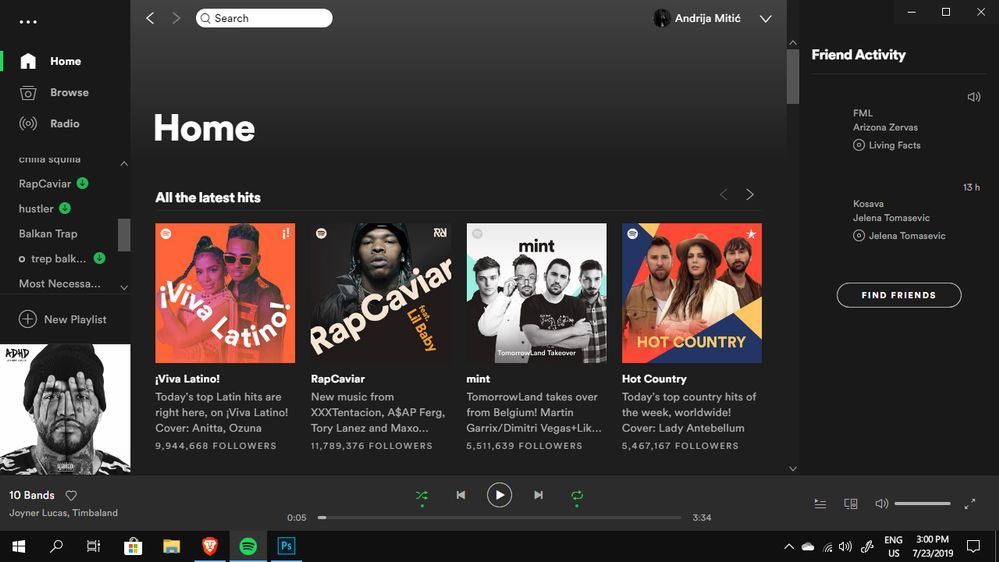
Social Media is one of your best assets for getting noticed these days. Streaming sites like YouTube are fantastic promotional platforms because you can monetize the tracks you upload. If you’re providing your fans a steady stream of content every week, it’s only a matter of time before you can reap the exposure and financial benefits. The downside is, you will need a minimum of 1,000 subscribers and 4,000 hours of viewing before you’re eligible to use the monetize feature… better get started!
If you still can’t make a living from music, it’s time to accept that you’re a talentless, tone deaf idiot who needs to get off his ass and find a real job.
That’s exactly what most people will tell you, but when aspiring to achieve any kind of income from music, you have to remain tenacious and highly determined to make it to that point. The hardest part is maintaining that lifestyle once you have it. We hope you find your own place in the music industry, with a dream job that all of us here are still striving for! 😉


